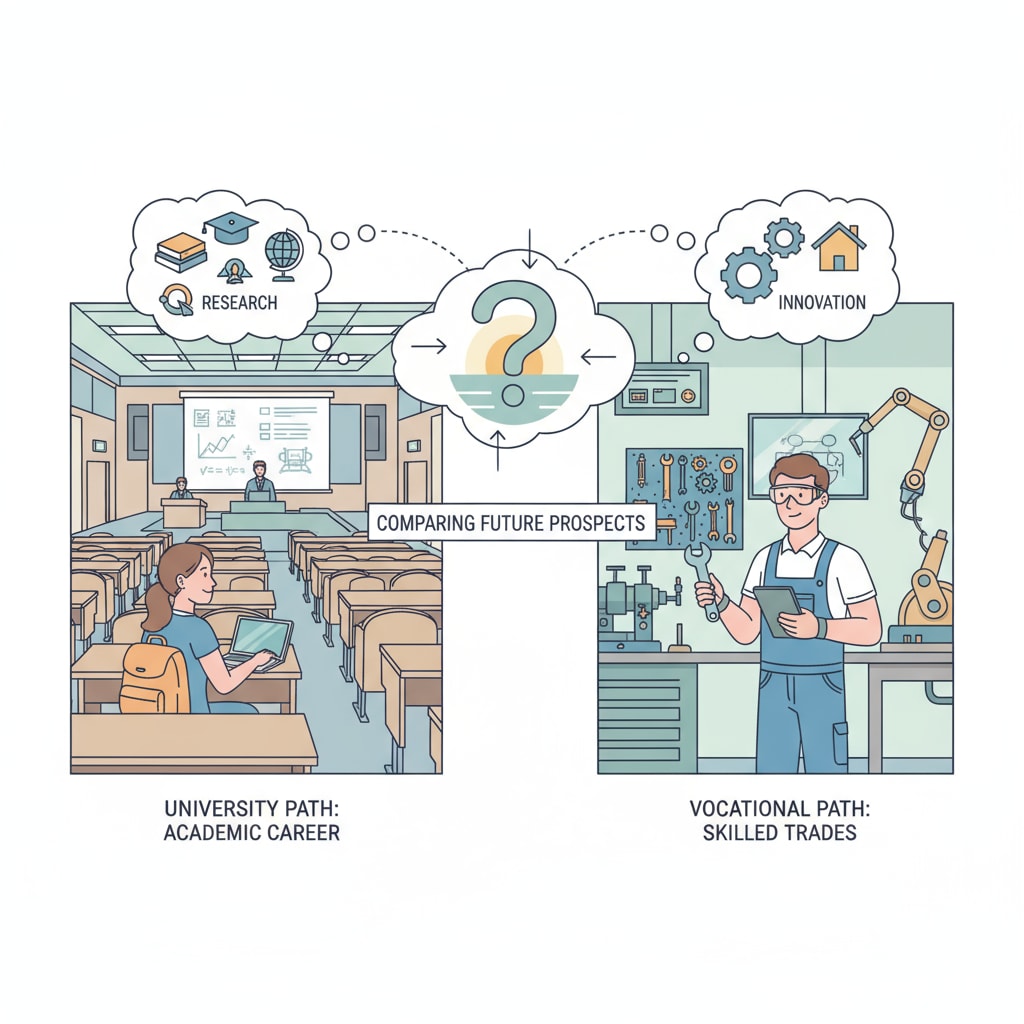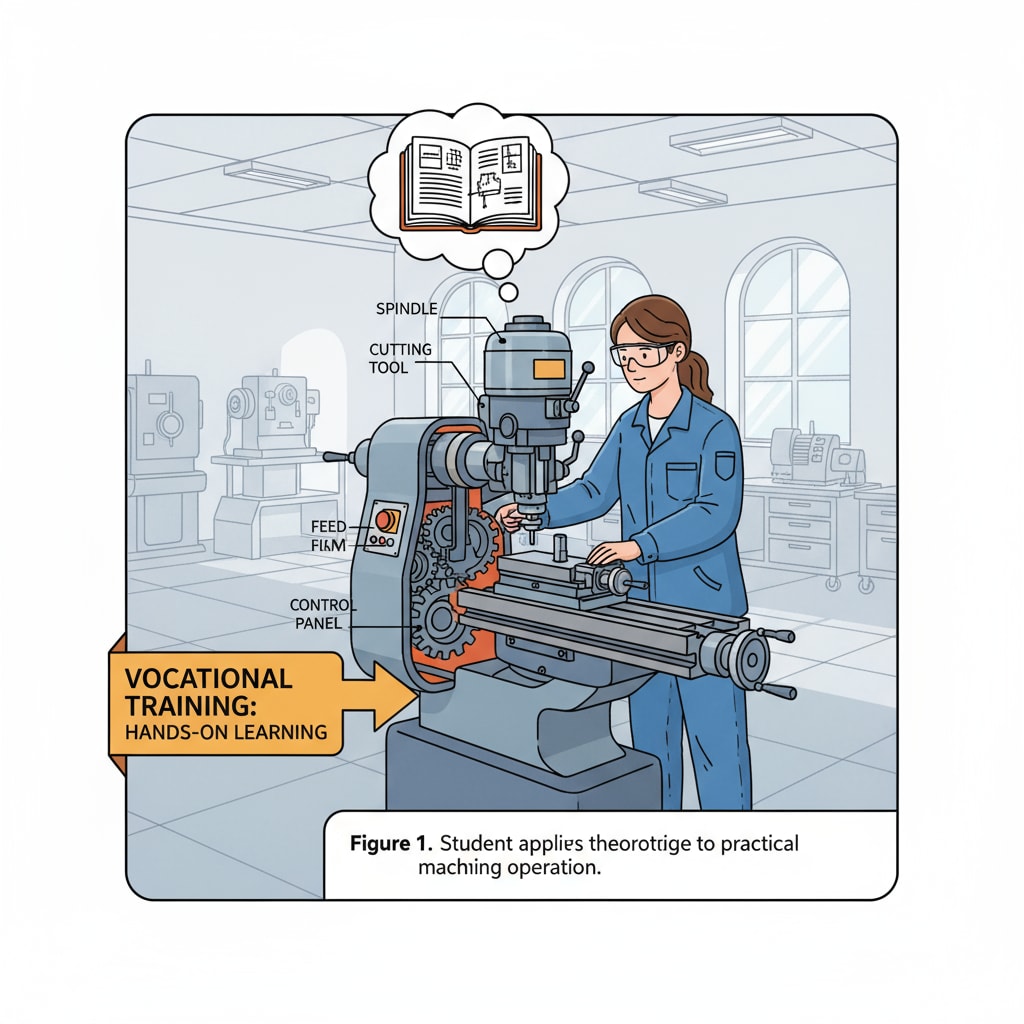In today’s educational landscape, the debate about higher education, return on investment, and vocational and technical education is more relevant than ever. For a long time, society has held the belief that a university degree is the golden ticket to success, but is this really the case? Let’s take a closer look at the investment returns of these two educational paths.

The Traditional View of Higher Education and Its Assumed ROI
Historically, higher education has been highly regarded. Parents and students alike have often assumed that a university degree guarantees a high – paying job and a prosperous future. According to Britannica, higher education typically involves in – depth study in a particular field, aiming to cultivate highly skilled professionals. Graduates from prestigious universities are expected to enter lucrative industries such as finance, law, and technology. For example, students majoring in computer science from top universities may land high – paying jobs at leading tech companies. However, the reality is more complex. The cost of higher education, including tuition fees, accommodation, and living expenses, has been skyrocketing. In addition, the job market is constantly evolving, and the supply of university graduates in some fields may exceed the demand, leading to difficulties in finding suitable employment.
The Rising Significance of Vocational and Technical Education
On the other hand, vocational and technical education is gaining more recognition. Vocational and technical education focuses on practical skills training, preparing students for specific trades and occupations. As per Wikipedia, fields like plumbing, electrical work, and culinary arts are areas where vocational training shines. These skills are in high demand in the job market. For instance, skilled plumbers are always needed to maintain and repair plumbing systems in buildings. The investment in vocational and technical education is often lower compared to higher education, both in terms of time and cost. Students can enter the workforce earlier and start earning money.

When comparing the investment returns of higher education and vocational and technical education, it’s crucial to consider multiple factors. For higher education, although the initial investment is large, in the long run, certain degrees may lead to high – income careers. However, the job competition is fierce, and not all graduates can achieve the expected returns. In contrast, vocational and technical education offers a more direct path to employment with relatively lower investment. But the salary ceiling in some vocational fields may be lower than that of certain high – end professional careers in higher education.
Readability guidance: By comparing these two educational paths, we can see that there is no one – size – fits – all answer. It depends on individual interests, skills, and career goals. Students should carefully evaluate their options to ensure they make an informed decision that maximizes their investment return. Whether it’s higher education or vocational and technical education, the key is to gain skills that are valuable in the job market.


